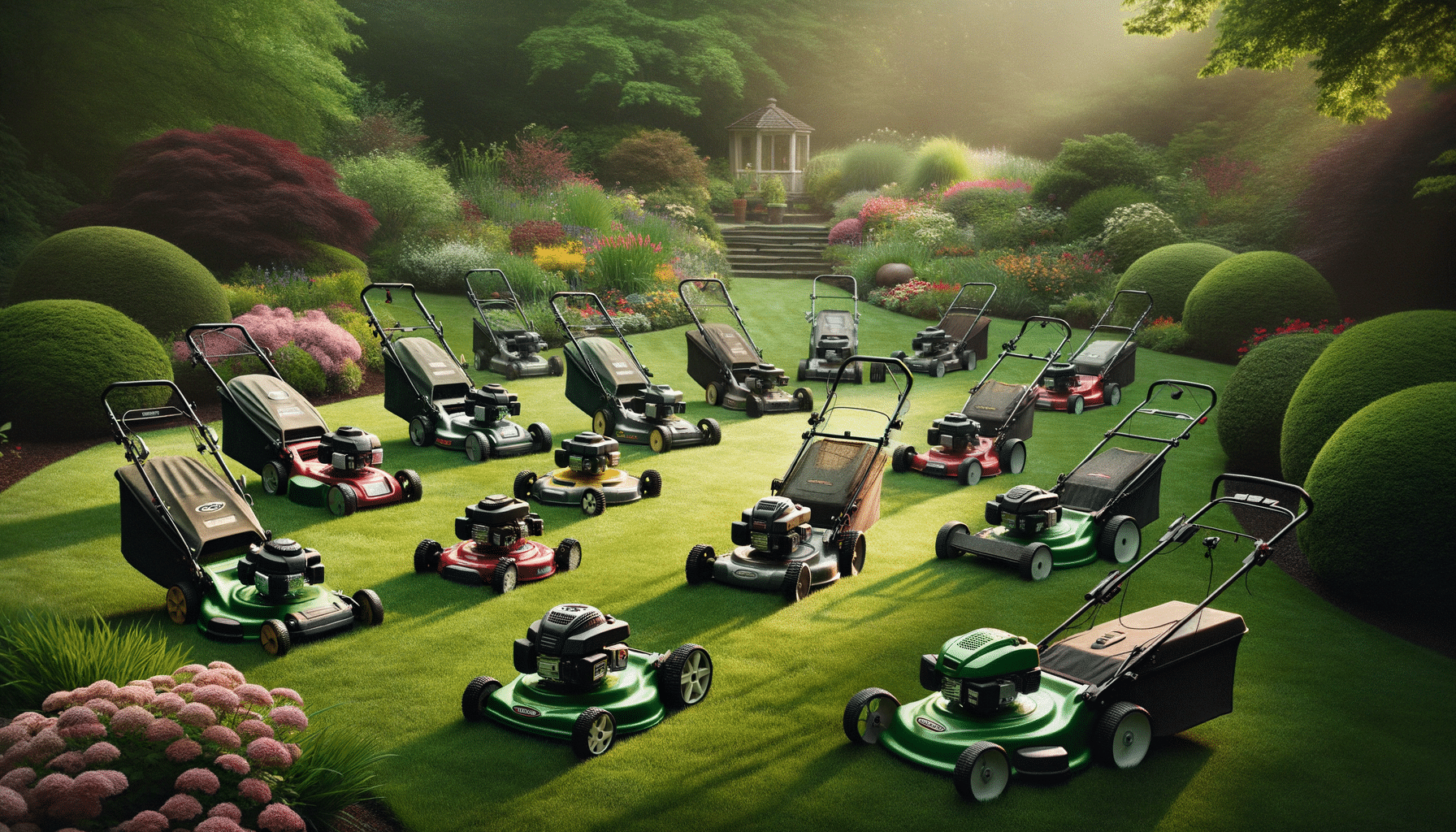
Mowers for Lawn Care: An In-Depth Guide
Introduction to Lawn Mowers
Lawn mowers are essential tools for maintaining a well-kept garden. They come in various shapes and sizes, each designed to meet specific lawn care needs. Whether you have a small patch of grass or an expansive yard, choosing the right mower can make all the difference in achieving a pristine lawn. In this guide, we will explore different types of mowers, their features, and considerations for selecting the ideal one for your lawn care routine.
Types of Lawn Mowers
The variety of lawn mowers available on the market can be overwhelming. Here, we break down the most common types to help you understand their uses and benefits:
- Push Mowers: Ideal for small lawns, these mowers require manual pushing and are often lightweight and easy to maneuver.
- Self-Propelled Mowers: These mowers are equipped with a transmission that propels them forward, making them suitable for medium to large lawns.
- Riding Mowers: Perfect for large areas, riding mowers allow you to sit and drive, offering comfort and efficiency.
- Robotic Mowers: For those who prefer automation, robotic mowers can be programmed to cut the grass autonomously.
Each type offers unique advantages, and your choice will largely depend on your lawn size, terrain, and personal preference.
Key Features to Consider
When selecting a lawn mower, several features should be evaluated to ensure you choose the most suitable option:
- Cutting Width: Larger cutting widths cover more ground in less time, ideal for big lawns.
- Power Source: Mowers can be gas-powered, electric, or battery-operated. Each has its pros and cons regarding power, noise, and maintenance.
- Adjustable Cutting Height: This feature allows you to control the grass height, accommodating different grass types and seasons.
- Mulching Capability: Some mowers can mulch grass clippings, which can be beneficial for lawn health.
Considering these features will help you make an informed decision based on your specific lawn care needs.
Environmental Impact
Lawn mowers can have varying impacts on the environment. Gas-powered mowers, for example, emit more pollutants compared to electric or battery-operated models. If environmental concerns are a priority, electric mowers are a greener option, offering quieter operation and zero emissions. Additionally, robotic mowers are energy-efficient and can contribute to a more sustainable lawn care routine.
Choosing a mower with a lower environmental impact not only benefits the planet but can also enhance your outdoor experience by reducing noise and air pollution.
Conclusion: Choosing the Right Mower for Your Lawn
In conclusion, selecting the right lawn mower involves understanding your lawn’s specific needs and balancing them with your personal preferences. Consider the size of your lawn, the terrain, and the environmental impact when making your choice. By comparing different types and evaluating key features, you can find a mower that suits your lifestyle and helps maintain a beautiful, healthy lawn.
Ultimately, the right mower is one that efficiently meets your lawn care requirements while aligning with your values and budget.


